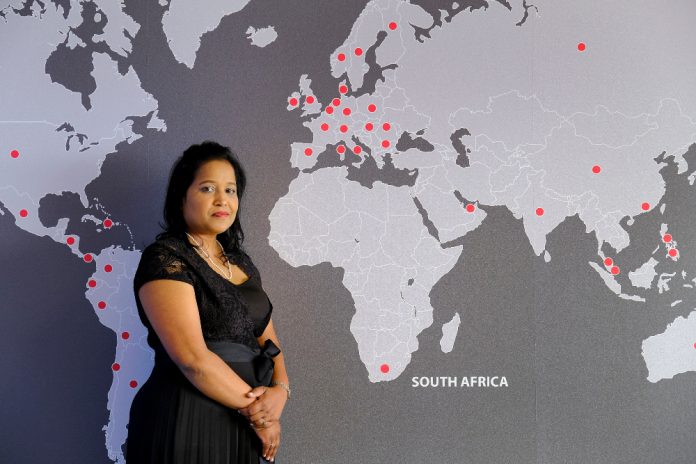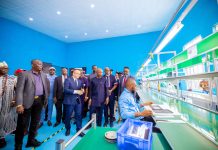With new technology such as AI support and smart cameras, the workplace of the future can be anywhere
In what felt like the blink of an eye, the work landscape was transformed as the pandemic spread across the world in 2020. Entire workforces went mobile, seemingly overnight, while organisations bolstered existing remote working processes.
And when the world emerges on the other side of this life-altering event, it won’t revert to the way things were before. By some estimates, 70 percent of the workforce will work remotely at least five days a month by 2025.
Even in South Africa, where face-to-face meetings, office models and in-person communication has long been the standard, a hybrid model – a combination of remote and on-site working – will likely be the answer in the future, says Marilyn Moodley, Country Leader for South Africa and West, East, Central Africa at SoftwareONE. “In-person interaction will not, and should not, go away completely. But hybrid models offer employees more choice – and with newer technology to support it, hybrid working may become the norm.”
Organisations have also realised that it can give them a competitive advantage – trimming costs and helping them attract the right talent, says Moodley. “Of course, there were some growing pains. Remote work can improve work/life balance, but it can also blur the lines between work and home, leading to burnout. Already, new AI-based technologies from Microsoft, such as Microsoft Viva, MyAnalytics and Workplace Analytics, can highlight where burnout may be occurring so that steps can be taken to prevent it. And in future, such AI support will become essential.”
Setting up for success
Meeting room devices and cloud-based virtual machines are also key to this new way of work, says Moodley. “Many organisations have already adopted various newer forms of laptops, including lightweight or tablet-based versions, as well as smartphone access to corporate data such as email. In the future, hybrid meeting devices that allow both in-person and remote participation will become just as necessary. Devices exist in the market which can help remote participants feel more involved in the meeting while working remotely. Innovations such as smart cameras that can zoom in on a speaker and follow them if they are moving, will help give remote participants a better meeting experience.”
Other innovations such as a cloud-based virtual desktop infrastructure (VDI) should also be considered, she adds. “The recently released Windows 365, for example, allows a worker to connect to their corporate desktop from any supported device remotely, with the same look and feel from either device. Cloud is a great leveller, giving massive global organisations and owner-run small businesses the same tools.”
The human quotient
Though technology seems to pull focus in the future workplace, the key to a successful shift towards a hybrid model is to remain people-centric, says Moodley. “These processes should be more people than technology focused. Simply buying and migrating to Microsoft 365 without robust change management processes, will not be enough. It’s essential to recognise that there is a person at the other end of these devices.”
This is the only way to overcome the ‘last mile problem’ – a term coined with the invention of the telegraph, she adds. “The telegraph was a game-changer, but not everyone lived close to a telegraph station. The last few miles had to be undertaken by someone on bike, horse or foot – or the technology would not have solved any problems. The same remains true for newer technology. Change management processes like Prosci ADKAR®, for example, are crucial – providing not only training and how-to guides, but also a framework on the stages of successful change.”
SoftwareONE will typically start with an advisory process when implementing any change for its clients, she says. “This helps us understand pain points and priorities to produce technical roadmaps to implement new systems. We also provide Microsoft Cloud Accelerator workshops, an essential tool for keeping employees and data safe while implementing a remote working strategy.”
The shift to a remote working future might seem intimidating, but it need not be, says Moodley. “With the right planning, and by listening to the needs of the people in your organisation, you can set out a clear path to move to a more mobile and dynamic workforce.”








